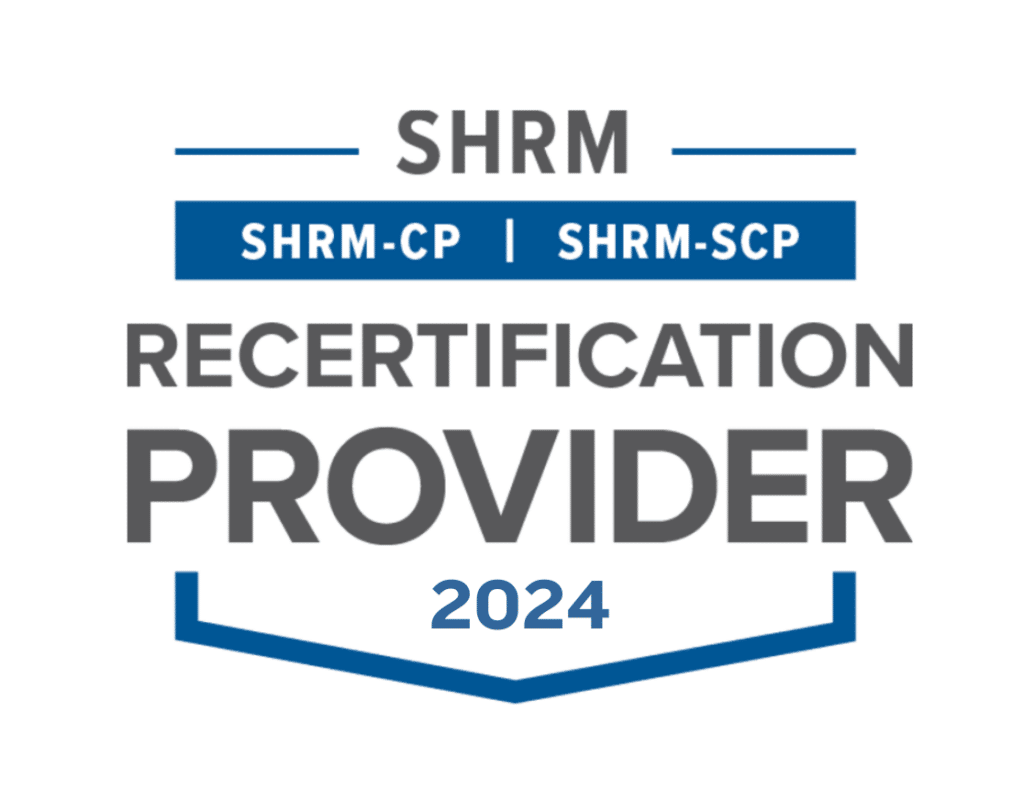Minimum essential coverage or “MEC” is the type of coverage that an individual must have under the Patient Protection and Affordable Care Act (ACA). Employers that are subject to the ACA’s shared responsibility provisions (often called play or pay) must offer MEC coverage that is affordable and provides minimum value.
The IRS has issued Notice 2015-68 stating that it intends to propose regulations relating to reporting on MEC that would:
- Provide that health insurance issuers must report coverage in catastrophic health insurance plans, as described in section 1302(e) of the Affordable Care Act, provided through an Affordable Insurance Exchange (Exchange, also known as a Health Insurance Marketplace),
- Allow electronic delivery of statements reporting coverage under expatriate health plans unless the recipient explicitly refuses consent or requests a paper statement,
- Allow filers reporting on insured group health plans to use a truncated taxpayer identification number (TTIN) to identify the employer on the statement furnished to a taxpayer, and
- Specify when a provider of minimum essential coverage is not required to report coverage of an individual who has other minimum essential coverage.
The notice also seeks comments on the issues regarding soliciting taxpayer identification numbers of covered individuals, provides information on Medicaid and CHIP reporting for governments of United States possessions and territories, and provides that states sponsoring coverage under the Basic Health Program must report on that coverage.
Catastrophic Coverage
The ACA provides for catastrophic health plans in the individual market (through an Exchange), for which no premium tax credits apply. Because catastrophic coverage is not included in qualified health plans, Exchanges do not report on catastrophic coverage. Health insurance issuers do not report on coverage in a plan in the individual market if enrollment is through an Exchange, because that reporting is generally handled by the Exchange. As a result, no one is currently responsible for reporting MEC under a catastrophic plan.
The IRS intends to propose regulation requiring health insurance issuers to report coverage under catastrophic plans on Form 1095-B. For 2015 health insurance issuers are encouraged to use 1095-B to report catastrophic coverage, and the returns will not be subject to penalties.
Employer EIN
The IRS intends to propose regulations that will clarify that health insurance issuers and carriers may use the taxpayer identification number (TIN) of an employer sponsoring a health plan on the statement furnished to the individual rather than the employer identification number (EIN).
Expatriate Plans
The IRS intends to propose regulations to allow expatriate health plan reporting statements to be furnished in electronic format unless the recipient affirmatively refuses electronic delivery.
Supplemental Coverage
The IRS noted that recent guidance has confused employers and taxpayers in regard to reporting of supplement coverage. To help clarify reporting of supplemental coverage, the IRS and the Treasury Department intended to propose regulations to provide:
- Reporting is required for only one minimum essential coverage plan or program if an individual is covered my multiple plans or programs provided by the same provider.
- Reporting generally is not required for an individual’s eligible minimum essential coverage only if the individual is covered by other minimum essential coverage for which section 6055 reporting is required.
These rules would apply month by month and individual by individual. Once finalized, the regulations would adopt the same information provided in the final instructions for reporting under sections 6055 and 6056 of the ACA. The IRS provided two examples under the first rule:
- If for a month an individual is enrolled in a self-insured group health plan and also has a self-insured health reimbursement arrangement (HRA) from the same employer, the provider (the employer) is required to report only one type of coverage for that individual.
- If an employee is covered under both arrangements for some months of the year but retires or otherwise drops coverage under the non-HRA group health plan and is covered only under the HRA, the employer must report coverage under the HRA for the months after the employee retires or drops the non-HRA coverage. The employer must report the coverage in an arrangement of any individual who is covered by only one arrangement.
Under the second rule, the IRS provided that:
- Reporting would not be required for Medicare or TRICARE supplements and Medicaid coverage providing benefits only to an individual enrolled in other coverage for which reporting is required, such as employer coverage or a qualified health plan.
- Reporting also would not be required under the second rule for an HRA that is available only to employees and other individuals who enroll in an employer’s insured group health plan for months that the individual is enrolled in the insured group health plan. It is anticipated that, for employer coverage, this rule will apply only if the two types of coverage are eligible employer-sponsored coverage of the same employer.
- For example, if an employee is enrolled in both his employer’s HRA and insured group health plan, the employer is not required to report the employee’s coverage under the HRA.
- However, if an employee is enrolled in an employer’s HRA and in a spouse’s non-HRA group health plan, the employee’s employer would be required to report for the HRA, and the employee’s spouse’s employer (or the health insurance issuer or carrier, if the plan is insured) would be required to report for the non-HRA group health plan coverage.
Penalty Relief
The IRS has previously stated that it will not impose penalties on a reporting entity that fails to comply with the filing and statement furnishing under sections 6055 and 6065 if it can show that it made good faith efforts to comply with the information reporting requirements. The penalties may also be waived if a reporting failure is due to reasonable cause and the reporting entity can demonstrate it acted in a responsible manner, with the failure being due to significant mitigating factors or events beyond its control.
The IRS requests comments on the application of the “reasonable good cause rule” particularly in regard to TIN solicitation and reporting. In the interim, reporting entitles will not be subject to penalties for failure to report a TIN if they comply with the rules at section 301.6724-1(e), with the following modifications:
- The initial solicitation is made at an individual’s first enrollment or, if already enrolled on September 17, 2015, the next open enrollment;
- The second solicitation is made at a reasonable time thereafter; and
- The third solicitation is made by December 31 of the year following the initial solicitation.
Additionally, a reporting entity is not required to solicit a TIN from an individual whose coverage is terminated.
9/23/2015











